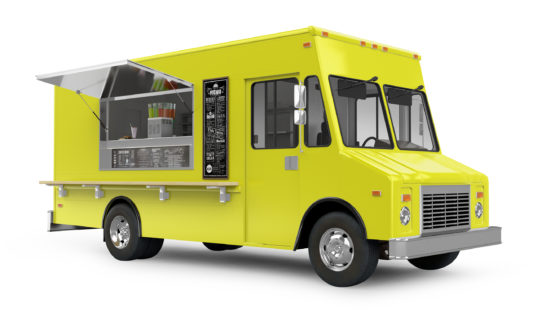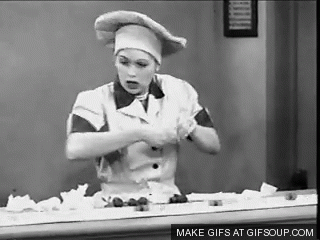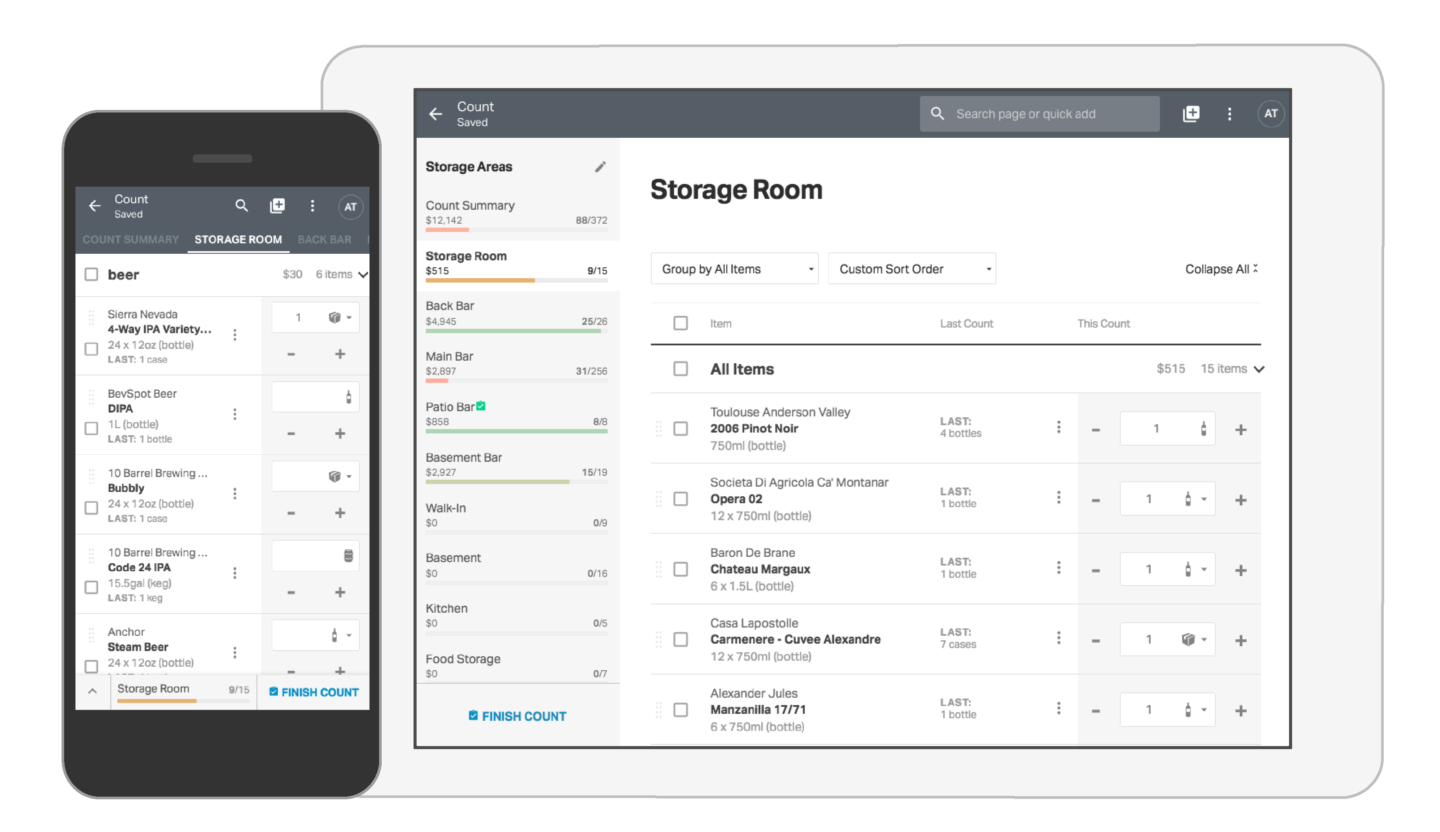


With approximately 3 million trucks on the road in the U.S., food trucks have become huge business in the last decade, outstripping traditional restaurant growth 4-1. And contrary to what you might think, the arrival of food trucks has been a boon to the brick-and-mortar restaurant business.
Food trucks can be a viable additional revenue stream for your restaurant, but starting a food truck is a labyrinth of strict laws and regulations, long work hours, and likely a little bit of frustration.
Here are five things to consider if you’re thinking about expanding your restaurant with a food truck.

At the end of the day, starting a food truck is like opening a second location of your restaurant. It’s a pricey adventure that requires careful planning to pull off and to make a profit.
Run the numbers: Know your break-even point going in. Account for everything, from the typical, like food and labor cost, to the specific, like truck maintenance and high fuel costs (you won’t be getting 30 miles per gallon in a food truck). Track you inventory to make sure you are not wasting, use either a spreadsheet or a food inventory app.
Know your town: Talk to people that know the space. Mei Mei, a successful food truck operation in Boston, MA that expanded to a brick-and-mortar establishment, knows a thing or two about this. “Make sure you know the current status of the city where you plan to vend and how many open spots there are, how much they cost, and what kind of foot traffic is present,” says founding member Margaret Li. “Talk to other business owners in the community, and see what they say about the state of the industry before jumping in.”
Know your goals—but be flexible: Margaret’s best advice for restaurateurs starting a truck: “Make sure you know exactly why you’re opening a truck and that you’ve run a full financial plan that fits with your [existing] restaurant. Our truck is now a dedicated catering truck rather than a lunchtime vending truck. We can plan our food and staffing better, and catering has become a huge part of our revenue stream.”
Use the advantages of your restaurant: You have a free, existing kitchen to work from—the number one challenge when starting a truck from scratch. You can buy in bulk, unlike restaurateurs who are exclusively mobile. You have a place to park and store food. You can advertise in-house. Your employees are already trained in the restaurant business.


Every city, county, and state has restaurant rules and regulations. Food trucks are no different and can be much more complicated than traditional restaurant permits. You’ll need quite a few pieces of official paperwork to get going, likely including, but not limited to:
If you’re expanding your existing business, you may not have to repeat several of these. But it’s best to check locally if you need duplicate permits for your truck. You’ll also likely need these permits for every town you plan on operating in.
Don’t forget to check other local ordinances regarding food trucks, as well. Some cities ban food trucks altogether. Others limit the time they can park in one place or how close they can park to brick-and-mortar restaurants. Some require a bathroom to be nearby and accessible. Other cities only grant a limited number of licenses every year, so your name may have to go on a waiting list before you can be granted a license to operate. Do as much research as you can before diving in.

If you don’t already have a social media presence, get one—fast. If you’re already there, prepare to use it more than you ever have before. A permanent residence can afford to post every once in awhile—word of mouth and traditional advertising will get people in the door. But your food truck is always literally on the move, and folks should be able to find you easily.
If you’ve maintained a solid social media presence for your restaurant, you have another advantage. You can promote your truck’s debut and location on a regular basis to your existing audience. Make a big deal of it—have an opening day event, even if it’s in your own parking lot. Margaret’s advice is to start your truck promotion long before you open. “We threw pop-up events at local restaurants and started tweeting and posting menu ideas before we opened to get people excited about our concept.”
Make your truck’s schedule easily accessible and well broadcasted—if people go looking for you, you want to be found. Serendipity and assuming foot traffic is not a business model for a food truck. A good rule of thumb is to have your schedule posted at least a week in advance and a month in advance if you can manage it. Margaret’s golden rule is to be reliable and responsive. Posting regularly on Twitter, Facebook, and Instagram may be the difference between your new venture’s success and failure.

Even the most well-kept vehicle breaks down occasionally. And most cars don’t have a fully functioning kitchen inside them complicating matters. Nothing is more frustrating when running a food truck than sitting on the side of the road in the middle of a beautiful day thinking about all the food you could be making right now.
So it’s not a bad time to finally learn how to change your oil or a flat tire. Every bit of mechanical know-how from you and your staff is time and money saved. Be sure to get your truck looked over professionally on a regular basis and consider services like AAA—better to be prepared than sorry when a breakdown occurs.

Very few food trucks survive solely by parking and hoping for the best. The real money comes from catering and events. Find the fairs, fundraisers, or sporting events that employ food trucks as vendors, or look for events in town specifically for food trucks. Send emails directly to organizers to get involved.
Margaret offers another good idea: “Make friends with other food truckers and restaurateurs so you can do fun collaborations and help each other out.”
Make sure people know what your catering includes, such as:
Follow these tips, and you’ll be on your way to a truck that runs smoothly and turns a profit for your restaurant!
Learn more about Mei Mei on their website and follow them on social ( Instagram | Facebook | Twitter).

Schedule 15mins to chat with a product specialist
Start a FREE Trial Today! BevSpot offers full product education and account setup for all customers! No card Information needed!
